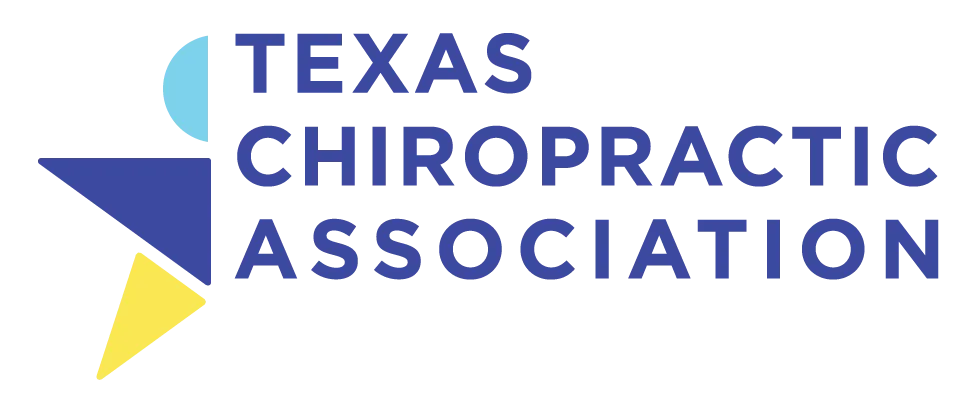Disaster and Document Preparedness
posted: Sep. 25, 2018.

It is time once again to consider preparing for potential disaster. During a natural disaster we do everything we can to mitigate loss. We might board our homes and businesses, lay sandbag barriers, or saturate our properties with water when threatened by fires. But, do we consider what to do about our sensitive documentation in times of distress?
When putting together a disaster preparedness plan, many overlook document safety, leaving us vulnerable to possible privacy breaches caused by floods, wildfires, tornadoes, earthquakes, or other disasters.
Disaster plans should not only include a disaster kit and an evacuation plan, but they should also incorporate a process for dealing with personal information. The following are tips for businesses and individuals on how to properly prepare:
- During a flood or tornado, documents can be easily dispersed over a large area. Regardless of the circumstances brought on by weather-related events, experts recommend that businesses shred monthly and individuals annually to avoid the buildup of sensitive documentation and reduce their risk.
- In the event of looting, be sure to properly secure important documents such as birth and marriage certificates, passports, and wills by placing them in a safe deposit box or locked file cabinets.
- See to it that these deposit boxes and cabinets are water- and fireproof and that you remember to place important documents and portable media devices in airtight, waterproof plastic bags to help protect from unpredictable water damage.
- For insurance purposes, take photos or video of your assets and store them in a safe place. Make sure to document the times and dates.
- Disaster recovery experts suggest that important business records and data be stored at a secure off-site location such as a commercial record center. Similarly, individuals are advised to save duplicate copies of vital documents at a reliable location far from their homes.
With adequate planning, you or your company can not only protect your privacy but also survive any disaster scenario with minimum impact. As Benjamin Franklin once said, “an ounce of prevention is worth a pound of cure.”
